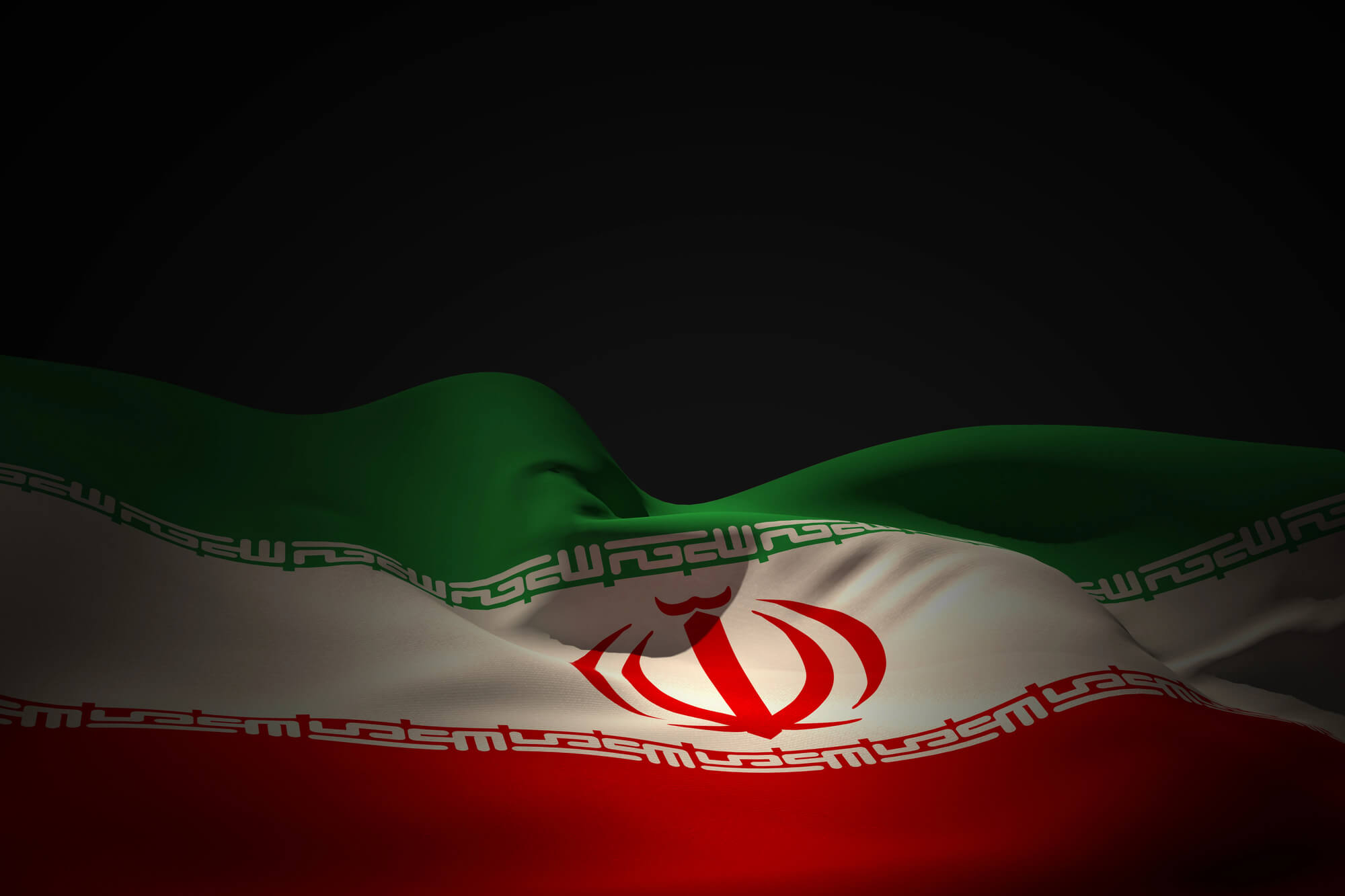In the midst of ongoing war, intense discussions are already taking place about Ukraine’s post-war reconstruction and foreign assistance needed. This column outlines four critical elements for these discussions, drawing lessons in particular from the experiences of Eastern Europe in the 1990s. Ukraine will need significant investments in infrastructure as well as coordinated and targeted technical assistance rooted in expertise with the local landscape. Furthermore, the programme for reconstruction should be directed by a single agency with headquarters in Kyiv. Finally, extra care should be taken to prevent corrupt practices from emerging between aid donors and recipients.
As focused as we now are on the urgent need for Ukraine to win the war Russia foisted upon it, a crucial discussion is already underway about how Ukraine will be reconstructed in the war’s aftermath and the assistance the country will require (e.g. Becker et al. 2022, Gorodnichenko et al. 2022). In hopes of avoiding pitfalls of the past, in this column I offer findings from my intensive study of foreign aid to former Soviet spaces.
More than 30 years ago I set out to study the processes of foreign aid to Central and Eastern Europe. As a young social anthropologist based in Poland in the 1980s, I had watched as the communist order began losing its grip and a growing stream of Western legislators, business scouts, academics, representatives of foundations, and nostrum peddlers converged on the country (even before the 1989 revolutions) to meet with political opposition leaders and various elites, investigate the evolving situation, and even to hold workshops to teach locals about free markets and democracy. Enlisted by Polish colleagues and visitors alike for my knowledge of Polish language and society and foothold in both worlds, I observed how these East-West interactions were replete with both high expectations and big misunderstandings. Such interactions would be not only a dress rehearsal for what was to come over the next decade as the communist regimes of Central and Eastern Europe fell and the Soviet Union broke apart. They would be the very backbone of so much of the foreign aid that was to flow into the region in the form of ‘technical assistance’ – Western advisors and consultants – in the 1990s.
Intrigued, I began to systematically study Western grant aid in priority portfolios, notably privatisation and economic restructuring and democratisation – first to Poland, Hungary, and then Czechoslovakia – deemed by the West to be most advanced and likely to succeed. When, with the collapse of the Soviet Union, the assistance bandwagon moved east, I turned some of my attention to Russia and Ukraine. Throughout the 1990s, I conducted hundreds of interviews with all manner of participants in the aid process. These included Western aid officials, consultants with the then-Big Six accounting firms or from Harvard University, local officials in recipient ministries that managed assistance, representatives of non-governmental organisations (NGOs), managers and employee unionists in state-owned factories undergoing privatisation, and architects of capital markets and stock exchanges.
While the circumstances today are markedly different, it is not clear that lessons have been sufficiently learned. Some aid projects had lasting positive effects, but huge resources were squandered and a few, notably privatisation aid to Russia, helped establish what’s been called ‘oligarchical capitalism’—where governance rules are set by an entwined political/economic elite to aid their privatisation or accrual of wealth at a country’s expense—with the deleterious effects extending far beyond Russia. Certain aid designs, vehicles of execution, and interests that created obstacles in the past loom over the prospect of post-war reconstruction in Ukraine. This record is the canary in the coal mine that must be heeded. Hence, four imperatives:
First, a genuine new Marshall Plan. In the 1990s the incessant talk of a ‘new Marshall Plan’ for Eastern Europe harking back to the massive assistance programme for post-WWII Europe did not materialise. While the design of assistance to Eastern Europe bore scant resemblance to the actual Marshall Plan, the moniker continued to be parroted, raising great expectations among would-be recipients of cash to the region, which went largely unfulfilled. Further, in the actual Marshall Plan, expenditures were mostly focused on infrastructure projects—reconstruction of roads, bridges, energy facilities, schools, and hospitals—with technical assistance performing a crucial supporting role. Ukraine after Russia’s invasion and vast devastation, with civilian infrastructure targeted alongside civilians themselves, will require a true facsimile of the Marshall Plan to rebuild the very kinds of facilities the original plan did.
Second, strategic technical assistance. In the actual Marshall Plan, this aid provided small, albeit essential support. The same cannot be said of many of the aid-paid advisors and consulting firms on the Eastern European scene 30 years ago. First, an endless retinue of dispersed, uncoordinated consultants, often ‘fly-in, fly-out actors’, converged on capitals. The Poles dubbed them the ‘Marriott Brigade’, as the advisors typically encamped at the Marriott in central Warsaw in the early 1990s, at the time the only five-star hotel with a business centre (While the efficacy of this foreign assistance setup is questionable, it was handy for me since I merely had to call the Marriott to learn when a certain foreign delegation or a Jeffrey Sachs would be flying in next). This dispersed technical assistance was often a double drain—on valuable aid resources and local officials who had to receive the many visitors. As a Slovak aid official told me in 1994, “Officials here get tired of answering the same questions without anything coming out of it….We are solving the West’s unemployment in this way…. We get calls from ministries that receive consultants from all over asking if aid can be reduced.”
Whatever technical assistance is required in post-war Ukraine must be part of a coordinated strategy. Moreover, the expertise and experts themselves must be carefully chosen. Thirty years ago, the Big Six accounting firms were deemed by the major donors the most suitable vehicles of assistance and they were entrusted with projects ranging from economic reform to writing tax and environmental legislation to assessing the changing position of women. Such planning requires multidisciplinary expertise—from engineering to finance and agricultural economics to governance, community building, and healthcare systems. It requires an approach steeped in local knowledge, as well as understanding of models elsewhere. Development aid coupled with ignorance about the actual operating systems and societies into which it is intervening is a documented recipe for disaster everywhere. Intimate familiarity with the local landscape is all-important.
Third, a high-level single planning and coordination agency. As in the Marshall Plan, the programme for reconstruction to Ukraine should be directed by a single agency – one with the highest standing in Kyiv and among the donors – that is the go-to clearinghouse for all manner of aid planning and coordination. This time, it should be based in Kyiv, with regional affiliates (potentially also with affiliates in the US and the EU), and with independent standing like the US Government Accountability Office (GAO). It should be directed by experienced Ukrainian officials and specialists setting the priorities, and working intimately with Western donor organisations, civil society, and business. (By now, no one can deny the local, world-class expertise that has been honed by Ukrainians since Ukraine declared independent statehood in 1991.) Building enduring relations among these parties over long-term goals and projects is crucial, especially when they involve institution building. This arrangement should help avoid a repeat of the largely performative constant calls for aid coordination and endless international coordination conferences of the 1990s. Attempted coordination by purely technological fixes, however seductive – like the OECD’s establishment of an aid registry back then – can accomplish little without centralised organisation, strategy, and muscled leadership behind them.
In Ukraine, a careful mix of centralised and decentralised decision making is called for, with coordination between central government and self-government at the municipal (hromada) level. Many efforts warrant nationwide policy and coordination. But with local self-governments having gained more autonomy (thanks to Ukraine’s 2015 decentraliation reform) and demonstrated their capacity to manage war-related crises, decision-making discretion about many initiatives should be granted to them. At the very least, meaningful consultation and knowledge sharing going both ways must take place.
Fourth, aid relationships and networks mitigating against corruption. How can donors and recipients alike mitigate against corruption around reconstruction? Building on familiarity with local operating systems in both Ukraine and among donors, care must be taken as to how the relationships and networks of aid planning and execution are set up, as they will shape aid relationships and outcomes, and enable corruption – or not – no matter the area.
Three decades ago in Russia I unwittingly walked into an aid scandal in-the-making. This involved Harvard advisors and a Harvard institute that had been entrusted, along with their (Russian) partners, with hundreds of millions of dollars in Western aid to conduct privatisation and economic restructuring. As I learned through fieldwork and interviewing, this insular and self-promoting transnational group excluded other reform-oriented voices from inside the country, while instituting privatisation schemes that encouraged looting, offshoring, and the rise of an oligarchic class. Meanwhile, the principal Harvard advisors exploited their inside access to and information about the system in-the-making to game the market. A lawsuit brought by the US federal government against not only the major protagonists but also Harvard University itself was settled out of court, with Harvard paying the highest settlement it had been slapped with up to that time. While the principals, along with their powerful patrons, largely succeeded in suppressing news of the affair and suffered few real consequences, some of them are still active and participating in current discussions.
Ukraine’s future reconstruction is fast becoming a hot issue at Washington and European think tanks and ‘experts’ are emerging. But those involved in thinking about Ukraine reconstruction must carefully evaluate the source of opinions. We should be leery of the practice of ‘representational juggling’ – publicly presenting one’s high-prestige professional roles while not disclosing less savoury ones – which I first saw practiced by East European government officials and Western consultants in the region on the last go-round, because it has become normalised among many elites. Today, in the Ukraine case, this may manifest itself when, say, a former top government official or an economist appears in print and in the public eye as a Ukraine advocate or anti-corruption expert while at the same time evidence shows their close involvement with Putin-aligned oligarchs or business enterprises serving Kremlin interests. When the question, “Who is he?” lacks clear answers, there is cause for concern.
Ukrainians are making huge sacrifices not only to survive and defend their own democracy, but to defend liberal democracy everywhere. It will be a tragedy of historic proportions if once again, local knowledge is largely eschewed, assistance fails to be strategic, privatisation swamped in insider schemes is sanctioned, or insular, self-seeking networks are allowed to team up with oligarchic interests to design systems that run roughshod over the futures of regular people. Indeed, Ukrainian reconstruction will be a bellwether of the ability of liberal democracy to prevail.
This article was first published by VoxEU
Attention
The author doesn`t work for, consult to, own shares in or receive funding from any company or organization that would benefit from this article, and have no relevant affiliations



